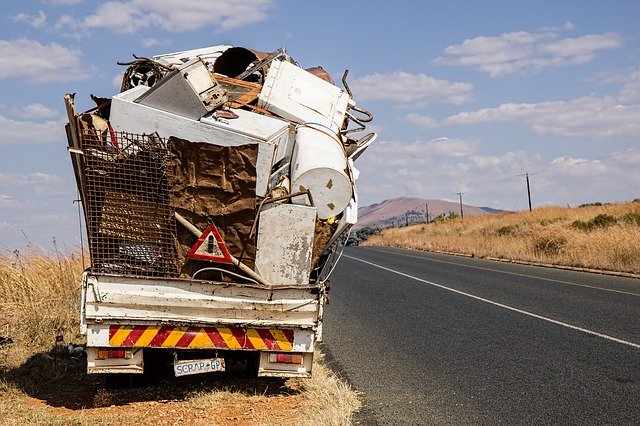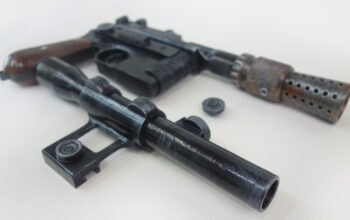Scrap is all around you and is always ready to be sold for profit. Just a few people know the value of scrap and that recycling these items are of fantastic benefits to the environment and you. You shouldn’t for whatsoever consider throwing away your scrap metals. Or if you happen to find people who do this, you could also take these metals, sell them, and earn some cool cash from them. It’s that easy, YES!
So, do you intend to earn money from scrapping? It’s not a terrible idea, and you just need to be educated on a few things. Scrapping for cash should be done with a few guidelines in mind –the price of this scrap metal, how you can access it, and how you detect it. Well, here’s a little help for you. Want to earn from scrapping as a beginner? Follow these tips;
Some metals are worth more than others.
Yes, metals aren’t the same, and some will be sold more expensive than others. If you know this, you will be guided when selling the scrap metals to local scrap yards. It would be best to separate your metals and bargain at the correct scrap metal prices when selling them; otherwise, you earn very low from them.
Different metals will be sold at different prices. The most common metals that are recycled and reused are Copper, Aluminum, Brass, and Steel. Of all these metals, Copper is the most valuable metal to resell and recycle. They could earn you more money when you separate them from your other scrap metals. Brass is a mid-level valuable metal, and you could also make good money from selling them for recycling. Meanwhile, Aluminum and Steel are not as valuable as the others but still need to be recycled. You will mainly earn enough from selling if you have collected tons of them.
Know your metals
You need to be able to identify and separate these metals when you find them. Since scrap is everywhere, you might find them mixed up, and differentiating them will be necessary. You can quickly identify different metals from their physical appearance. Copper is reddish while still in good condition. It appears in dark-brown and green rusts when it gets worn out. It is usually found in plumbing pipes, electrical wires, air conditioners, and roofers.
Aluminum is easy to identify as it is widespread. It is usually coated with paints but is silver in color when left unpainted. Brass is a heavy metal and is typically yellowish in tone. It is commonly found in door handles, keys, and fixtures. Steel is prone to rust and can be found almost anywhere.
Magnets are there to help you.
Magnets are handy in differentiating different metals and their speculated value. Metals are either ferrous or non-ferrous. Once you have a magnet, you will be able to separate them and tell them apart.
If the metal doesn’t stick to your magnet, it is a non-ferrous metal, and some common ones are Copper, Aluminum, Bronze, or Brass. However, if it sticks to the magnet, you’ve got a ferrous metal called either Iron or Steel.
Without any more to say, here’s a piece of advice –stay protected and safe. Scrap metals can cut your hands since they are usually sharp at the edges. You need to cover as much skin as you can from these metals. Wear suitable gloves and boots wherever you go scrap hunting. You might also need a handy first-aid kit in case of accidents.
Related Posts












